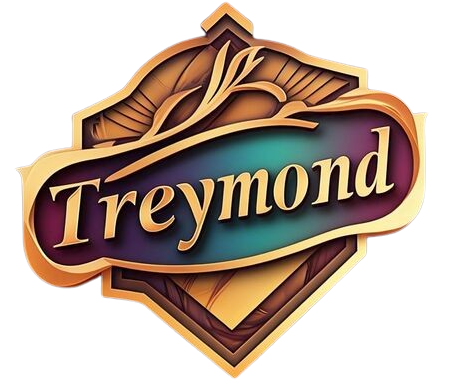Online gaming has become an integral part of the entertainment landscape in the 21st century. What started as a niche activity for a small group of tech enthusiasts has grown into a global phenomenon that attracts millions of players from all walks of life. Over the past few decades, online gaming has evolved alongside advancements in technology, internet connectivity, and mobile devices. Its impact on entertainment, social connections, and even professional careers is undeniable, shaping the way people interact and engage with video games.
The Origins of Online Gaming
The early days of online gaming trace back to the 1990s when games like Doom and Warcraft introduced multiplayer experiences. These games allowed players to connect via local area networks (LANs) or dial-up internet, enabling them to compete against each other or cooperate in shared virtual spaces. While the experience was limited by slow internet speeds and hardware restrictions, it laid the groundwork for the massive online gaming industry that would follow.
The real breakthrough came in the early 2000s with the rise of broadband internet and the increasing popularity of massively multiplayer online role-playing games (MMORPGs). Titles like World of Warcraft (2004) offered expansive, persistent online worlds where players could team up, explore vast landscapes, and complete quests together. This marked a shift from traditional, single-player gaming experiences to more social and interactive ones, where players were no longer limited by physical location or hardware.
Mobile Gaming: A Game-Changer
One of the most significant developments in online gaming has been the rise of mobile gaming. With the proliferation of smartphones and tablets, online gaming is no longer confined to dedicated gaming consoles or PCs. Games like Candy Crush Saga, Clash of Clans, and Pokémon Go have brought online gaming to a broader audience, appealing to both casual and hardcore gamers. The accessibility of mobile gaming, combined with free-to-play models and in-app purchases, has made it easier for people to play games anytime and anywhere.
Mobile gaming has also introduced new concepts like location-based gaming and augmented reality (AR). For example, Pokémon Go allowed players to interact with the real world while catching virtual creatures, offering a fresh and innovative gaming experience. The accessibility of mobile gaming has expanded the demographic of gamers, making it a mainstream activity enjoyed by people of all ages and backgrounds.
The Social Aspect of Online Gaming
One of the key factors that differentiate online gaming from traditional entertainment forms is its social nature. Online games like Fortnite, Minecraft, and League of Legends have created virtual communities where players can Slot Deposit Qris connect, collaborate, and compete with others around the world. Voice chat, in-game messaging, and social networking features allow players to form friendships, strategize with teammates, and share achievements in real-time.
This social aspect of online gaming has made it an important tool for communication, especially in an increasingly digital world. For many, online gaming is more than just a pastime; it’s a way to interact with friends and build relationships. During the COVID-19 pandemic, for example, online games became a vital social outlet for people who were physically isolated, further highlighting the importance of gaming in fostering connections.
eSports: The Professionalization of Gaming
In recent years, the competitive side of online gaming has gained significant traction, giving rise to eSports. Competitive gaming has evolved into a professional industry, with tournaments, sponsorships, and streaming platforms drawing millions of viewers. Games like League of Legends, Dota 2, and Counter-Strike: Global Offensive have become household names, with professional players earning sponsorships, salaries, and even fame in the gaming community.
eSports has transformed gaming into a viable career path for talented players, streamers, and content creators. The growing popularity of competitive gaming has not only provided new opportunities for players but also created a global fanbase, making eSports a legitimate form of entertainment with large-scale events and significant monetary rewards.
